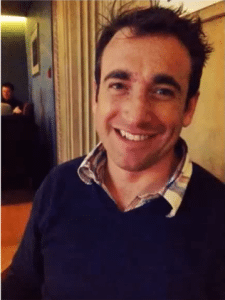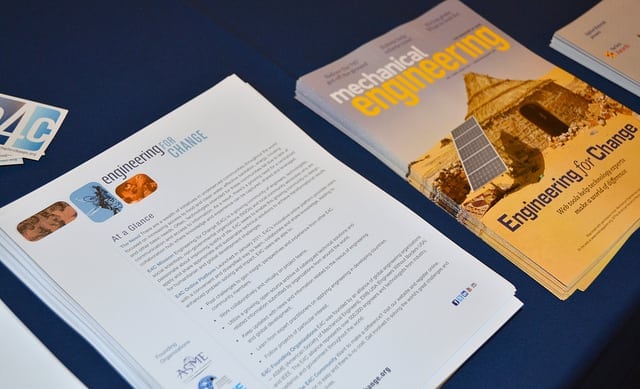About this Webinar:
The pursuit of a fulfilling career is a life-long commitment. At E4C, we’re constantly asked the question of how to professionally enter or transition into the field of engineering for global development. Engaging with a local Engineers Without Borders (EWB) team is a proven starting point.
EWB chapters exists worldwide under the umbrella of EWB-International and all share a similar mission – to partner with disadvantaged communities to improve their quality of life through education and implementation of sustainable engineering projects. In this webinar, we will explore how EWB-USA, EWB-Australia, and EWB-UK prepare engineers for careers in global development in their own distinct ways.
In the webinar we will discuss:
- Overviews of project portfolios and project structure
- Impact to date as well as views on failure
- Thoughts on future direction
Presenters:

Julian O’Shea is the Director of the EWB Institute – the education, research and innovation division of Engineers Without Borders Australia (EWB). Julian is a humanitarian engineer interested in the role technology and design can play in poverty alleviation and community development. He has worked on projects in India, Cambodia, Timor Leste and Nepal. In his role he leads Humanitarian Design Summits – immersive human centered design programs for technical students. Outside of work he is an adventure traveler and has visited over 140 countries.

Skip Spensley has worked as a lawyer, educator, project manager, mediator and environmental consultant providing strategic, legal, planning and management advice to private clients and government agencies. He is an adjunct professor at the University of Denver teaching in the law school and the Daniels Business College.

Doug Harper joined Engineers Without Borders UK in August 2014 with an academic background in Civil and Structural Engineering and International Relations along with broad leadership, program and project management experience. He began his career in the British Army, serving as a commissioned officer with the Royal Engineers, and has since worked in the private sector on rural development projects in emerging markets and for a number of NGOs, both in staff positions and as a volunteer. He has worked on a number of projects internationally including in the Middle East, South East Asia and West Africa.

Need job
Civil engineering was fun to study in college, where projects and subject matter changed every couple of weeks. Courses offered a variety of challenges, from structural engineering to geotechnical to environmental and so on. However, after college, the field got a lot less interesting. As an environmental engineer now, I work on getting permit approvals and scheduling remediation projects. The amount of design I do is really very limited. The biggest challenge is getting through the day without falling asleep. If I had it to over again, I might have tried mechanical engineering instead.